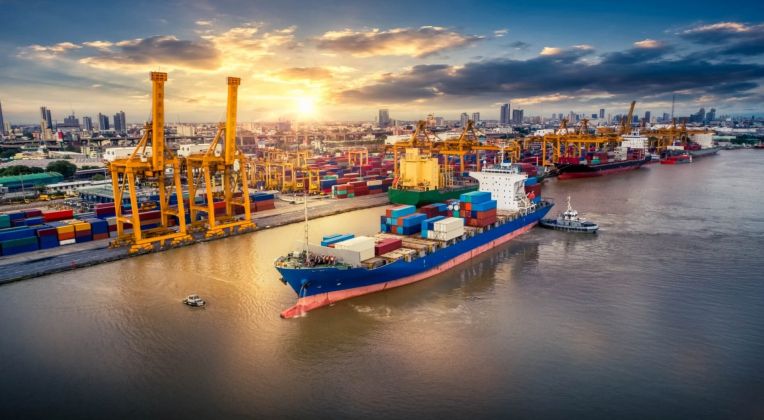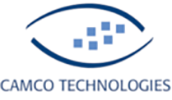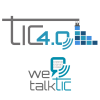Partners
RBS EMEA Partner Network
The RBS TOPS Terminal Operating System is one of the core solutions to efficiently manage a modern container terminal. Being one of the core systems is also the key to interface with other partners in this area of the maritime industry. This applies to technical interfaces as well as to non-technical interfaces or areas. In order to enrich the portfolio and have good solutions for our clients RBS cooperates with a wide range of partners. These partners are ranging from technology partners to project partners.
The ultimate goal is customer satisfaction and the customer’s needs should be covered as best as possible, but not everything needs to be inside the TOS. In those cases RBS is cooperating with selected partners to form a team with clever and appropriate Solutions.
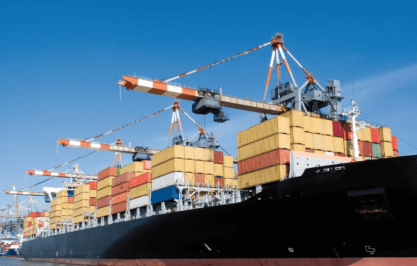
Container Terminal Solution
Terminal Simulation Systems are Software applications of Simulation Technology for decision making processes on the strategic and design Level - including the planning of new terminals (greenfield) as well as Expansion or reorganization of existing terminals (brownfield).
The simulation tools are used to determine the outcome of potential changes, whether it is an existing terminal or a completely new terminal. The tools provide support and information concerning the questions what might be the best type of equipment, the number of facilities, changes of the terminal layout and different operational strategies, etc.
Due to the fact that designing, extending or optimizing container terminals is a rather complex task, making the right decisions is essential in order to minimize capital and operational expenses and risks, whilst ensuring optimal terminal performance is the key to the success of such projects.
Basically, simulation tools can support terminal managers and planning teams to evaluate all terminal key resources (Quay cranes/STS, RTGs/RMGs, RST, ECH, Trailer, Straddles, AGVs, etc.) to understand their interactions and to assess and mitigate the risks derived by external and not manageable factors such as the influence of weather, vessel delays, etc.
To find the best solution, the terminal operator can run through many options to find the winning strategy in a complex market. Some of these simulation tools can be linked to a TOS, which then offers the opportunity to simulate a complete terminal, taking into consideration all relevant processes and operational situations.

Gate Operating System
A Gate Operating System (GOS) is software specifically developed to manage and steer complete gate processes and sub-processes, which are active in modern terminal operations. It comprises of multiple software modules, some of them being customer specific software developments and others generic building blocks customized through configuration. It takes care of all interfaces with the installed systems and sub-systems, and with the TOS, as well with possible other host systems (Customs, access control, etc.).
The GOS is the most complete software tool available in the market providing terminals the capacity to increase the efficiency and productivity while limiting the operational Costs.
Some of the GOS systems are also capable to manage automatic gate facilities at cargo facilities like container terminals or cargo depots. Within gate automation, truck data (e.g. license plate number, driver’s licenses, etc.) will be captured automatically and trucks are guided through a specific process, passing pedestals and screens. It is based on the principle of making it possible to process the truck without having the drivers to get out of their truck and enabling “Driver-Self-Service” facilities.
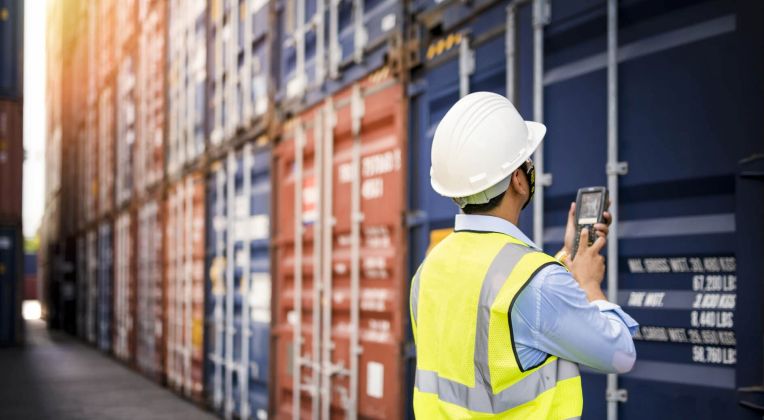
Container Terminal Simulation
Terminal simulation systems are software applications of simulation technology for decision making processes on the strategic and design level – including the planning of new terminals (greenfield) as well as expansion or reorganization of existing terminals (brownfield).
The simulation tools are used to determine the outcome of potential changes, whether it is an existing terminal or a completely new terminal. The tools provide support and information concerning the questions what might be the best type of equipment, the number of facilities, changes of the terminal layout and different operational strategies, etc.
Due to the fact that designing, extending or optimizing container terminals is a rather complex task, making the right decisions is essential in order to minimize capital and operational expenses and risks, whilst ensuring optimal terminal performance is the key to the success of such projects.
Basically, simulation tools can support terminal managers and planning teams to evaluate all terminal key resources (Quay cranes/STS, RTGs/RMGs, RST, ECH, Trailer, Straddles, AGVs, etc.) to understand their interactions and to assess and mitigate the risks derived by external and not manageable factors such as the influence of weather, vessel delays, etc.
To find the best solution, the terminal operator can run through many options to find the winning strategy in a complex market. Some of these simulation tools can be linked to a TOS, which then offers the opportunity to simulate a complete terminal, taking into consideration all relevant processes and operational situations.
